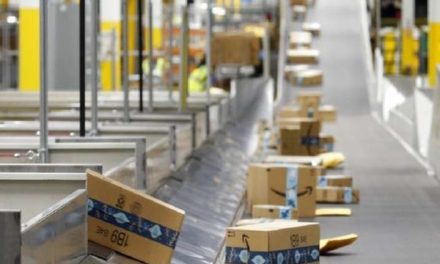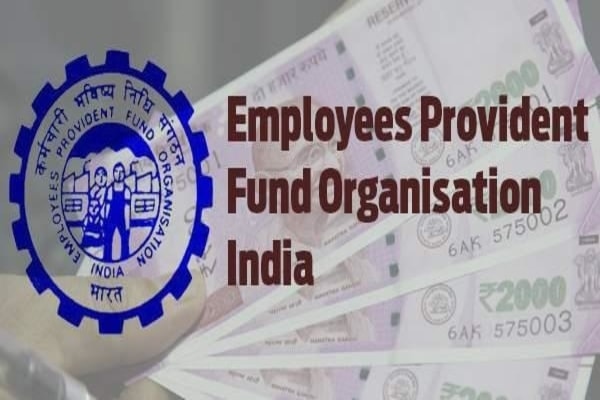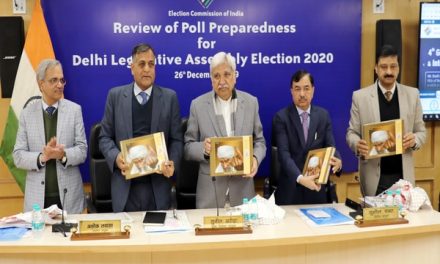The GST Council on Saturday (14/03/2020) decided to increase the GST rate on mobile phones to 18 percent from 12 percent. where the move will come into effect from April 1, As per the Finance Ministry (Nirmala Sitharaman) Statement.
“It was decided by the Council that GST rate on mobile phones and specified parts which presently attract 12% will now be at 18%. For all other items, where the inversion of duty structure is there, if there is a need to calibrate the tax rate to remove the duty inversion, we will examine it at a future meeting,” the minister said. The other items on which the anomaly of inverted duty is present include footwear and fertilizers.
In the meeting, It was also decided to slash GST on maintenance repair overhaul (MRO) services for aircraft to 5 percent from 12 percent while the tax rate on handmade and machine-made matchsticks has been rationalized to 12 percent.
Not only this, but The Council also decided to rationalize the tax rate on handmade and machine-made matchsticks to 12%. At present, handmade match sticks are taxed at 5% and machine-made ones are taxed at 18%, the minister said.
The Council in its meeting chaired by the Union finance minister decided to waive the late fee for delayed filing of annual returns for FY2018, FY2019 by entities with a turnover of less than Rs 2 crore.
The performance of GSTN also reviewed in the Council meeting, the IT backbone of the new indirect tax system and asked Infosys chairman Nandan Nilekani to fix all glitches by July 2020. Nilekani made a presentation at the Council. He has also been requested to give updates about improvements achieved in the system at the next three GST Council meetings.
In a nutshell, The council has asked Infosys, which has designed the GSTN, to provide a better groomed GSTN system by July 2020, Finance Ministry said.
However, Small businesses got some relief from the latest The 39th GST Council meeting with the deadline for GSTR-9C being relaxed. For those with annual turnover below ₹5 crores, the due date for filing annual return and reconciliation statement for FY19 was extended to 30 June 2020.
The meet on Saturday sought to correct the anomalies in the inverted duty structure, ease of doing business and lower compliance burden. Inverted duty refers to tax rates on inputs being higher than those levied on finished products. This results in higher input credit claims by goods besides several administrative and compliance issues. However, decision on GST rates for footwear, fertilizers and man-made fibers has been deferred for the next meeting.
Goods and Services Tax collections in the month of February this year were at ₹1,05,366 crore.











